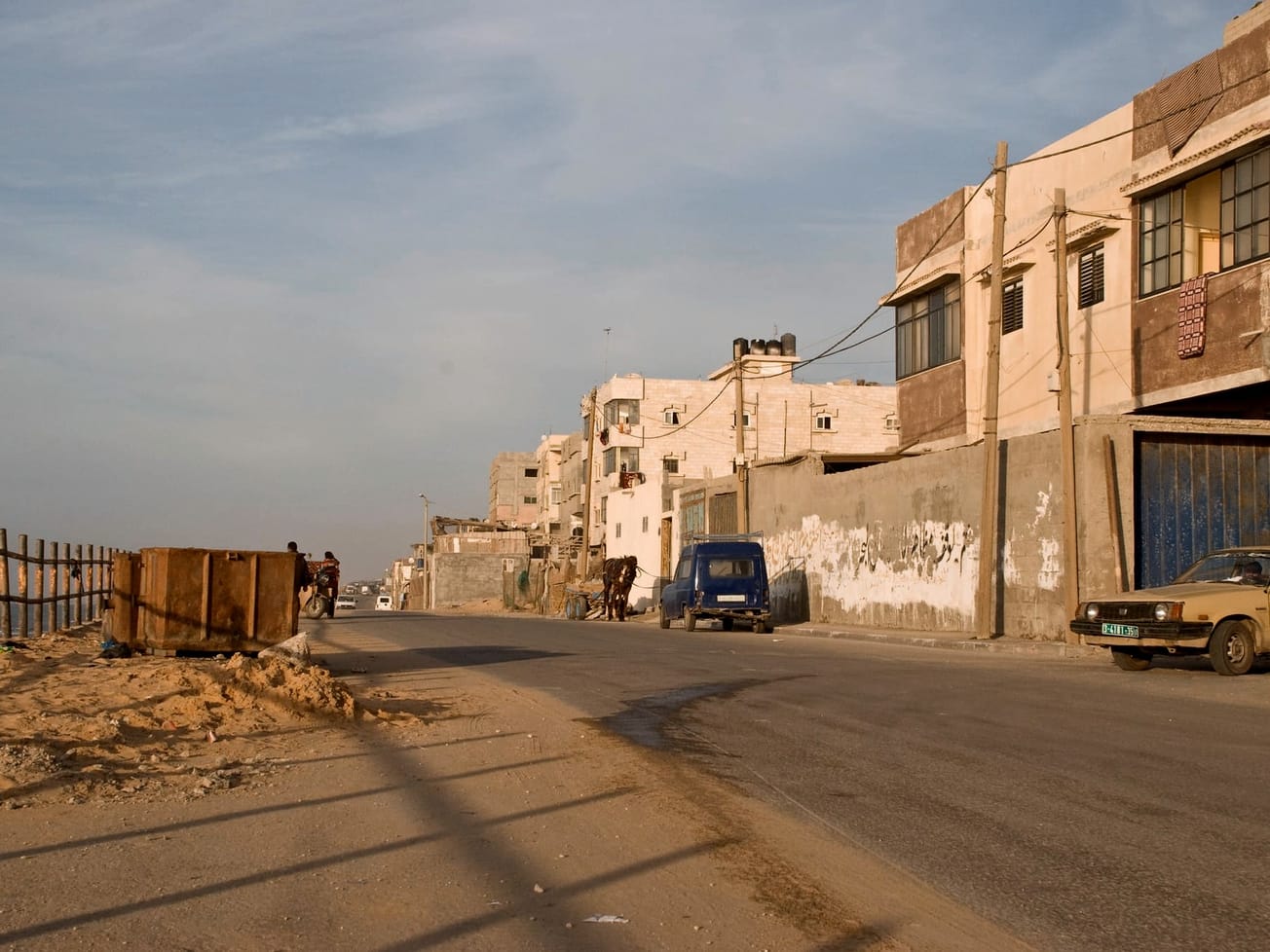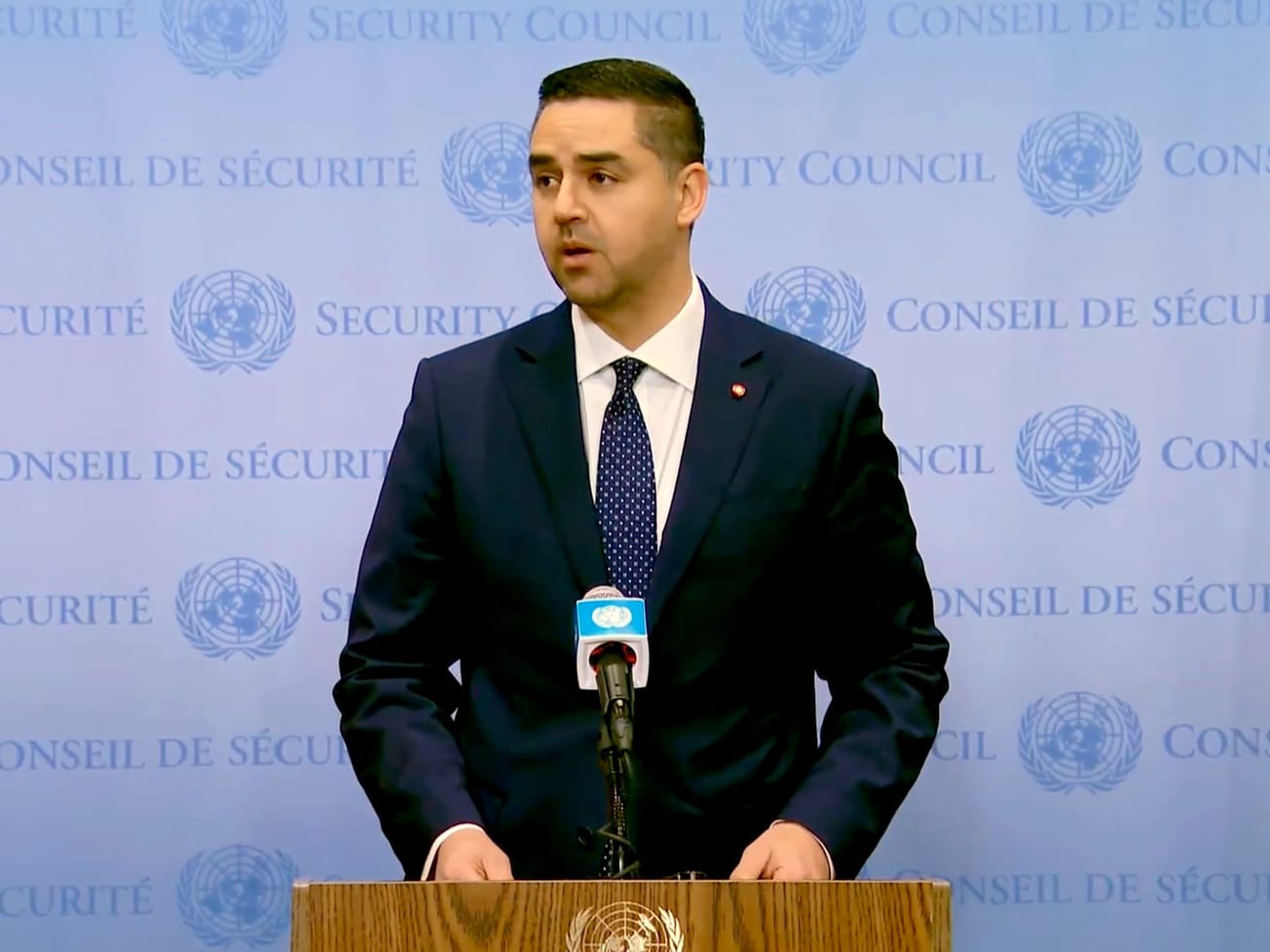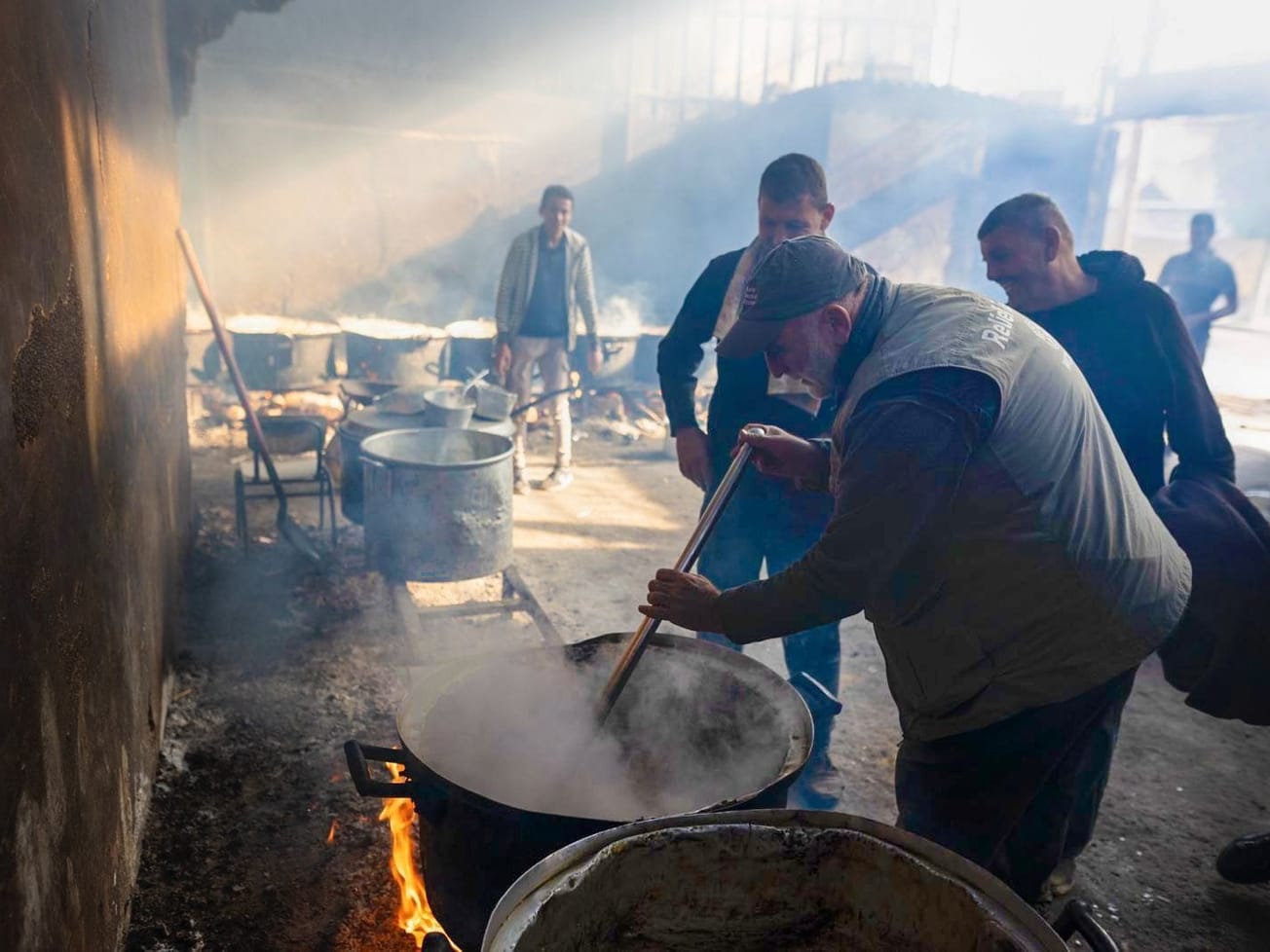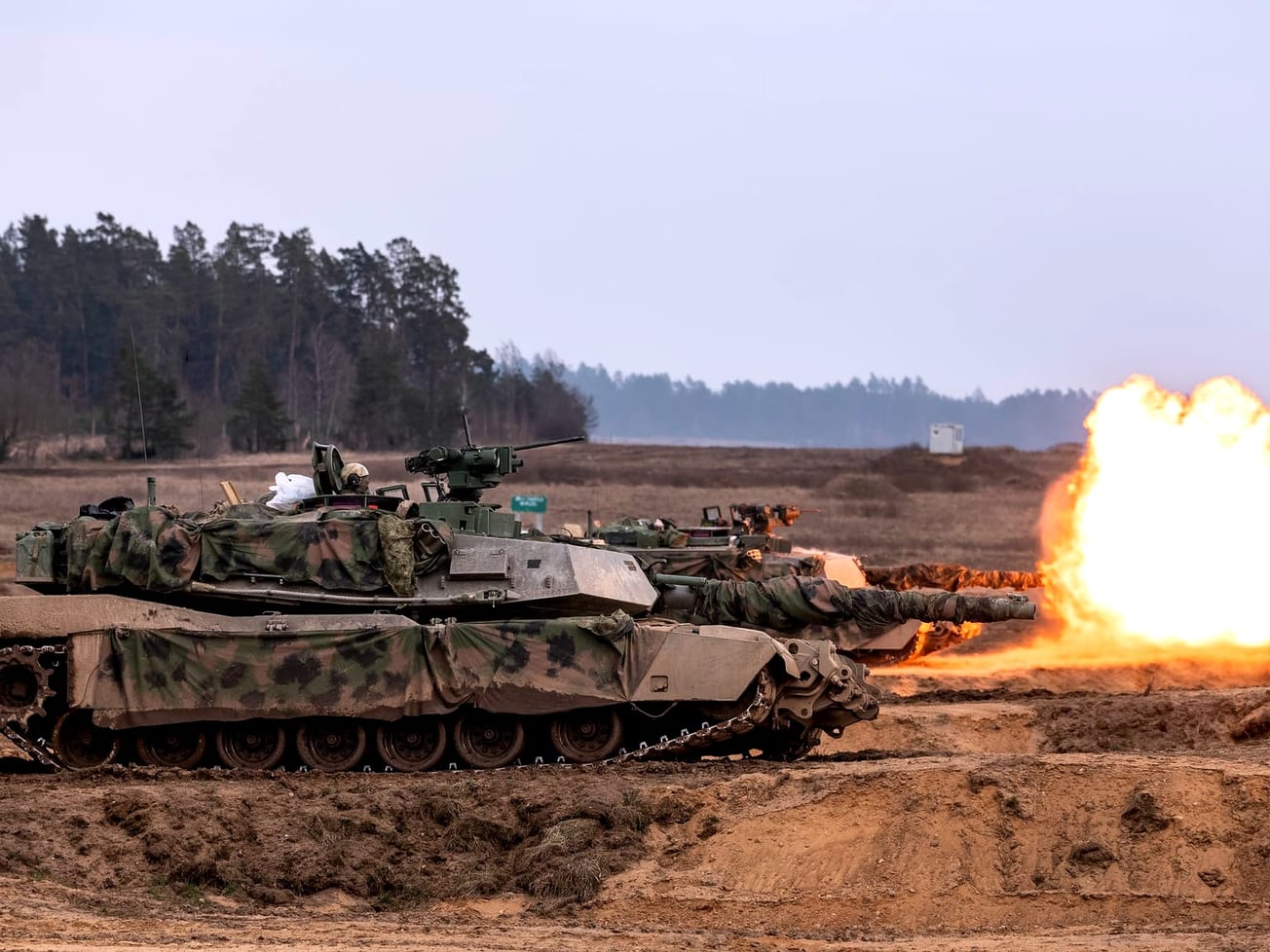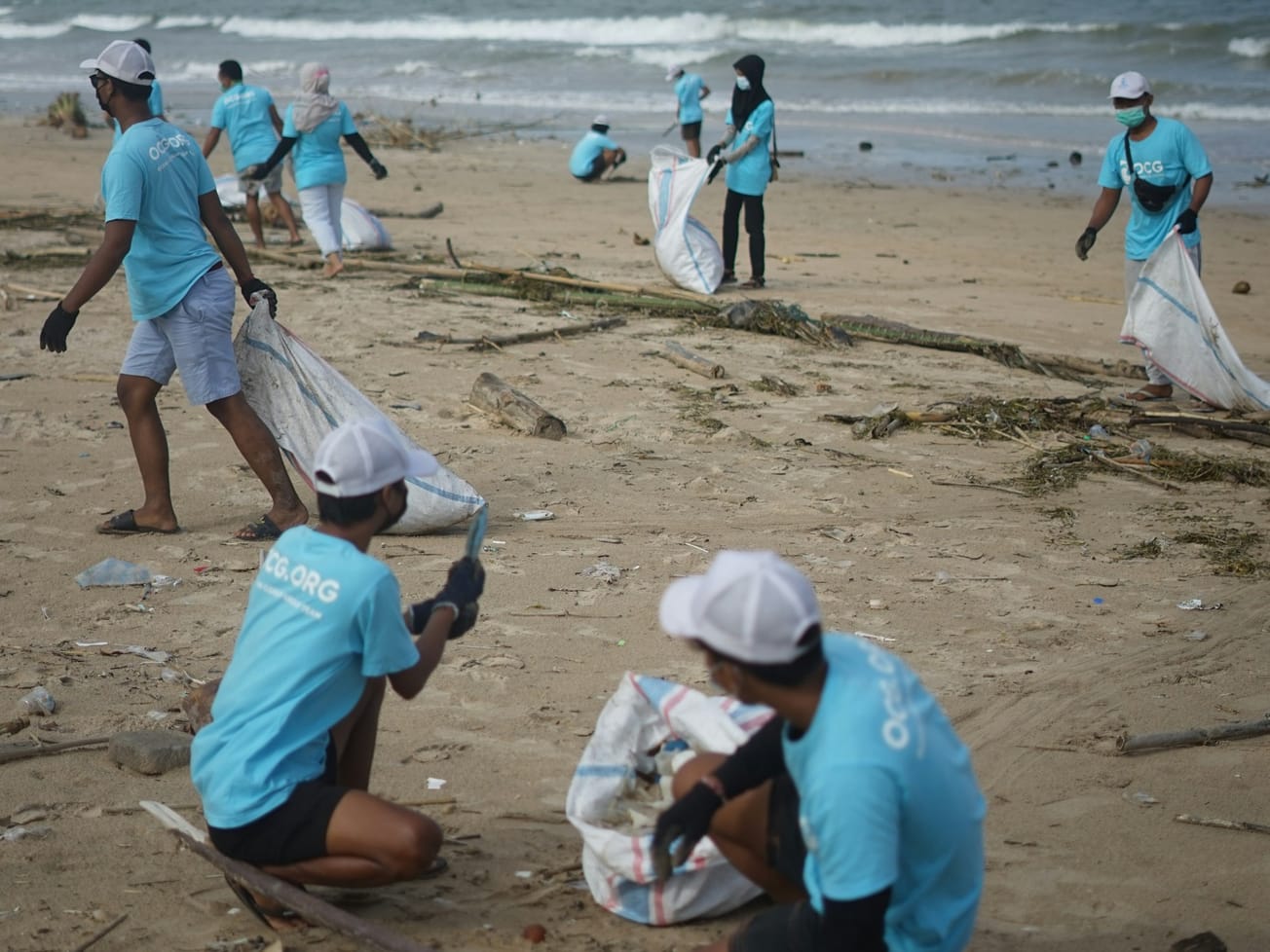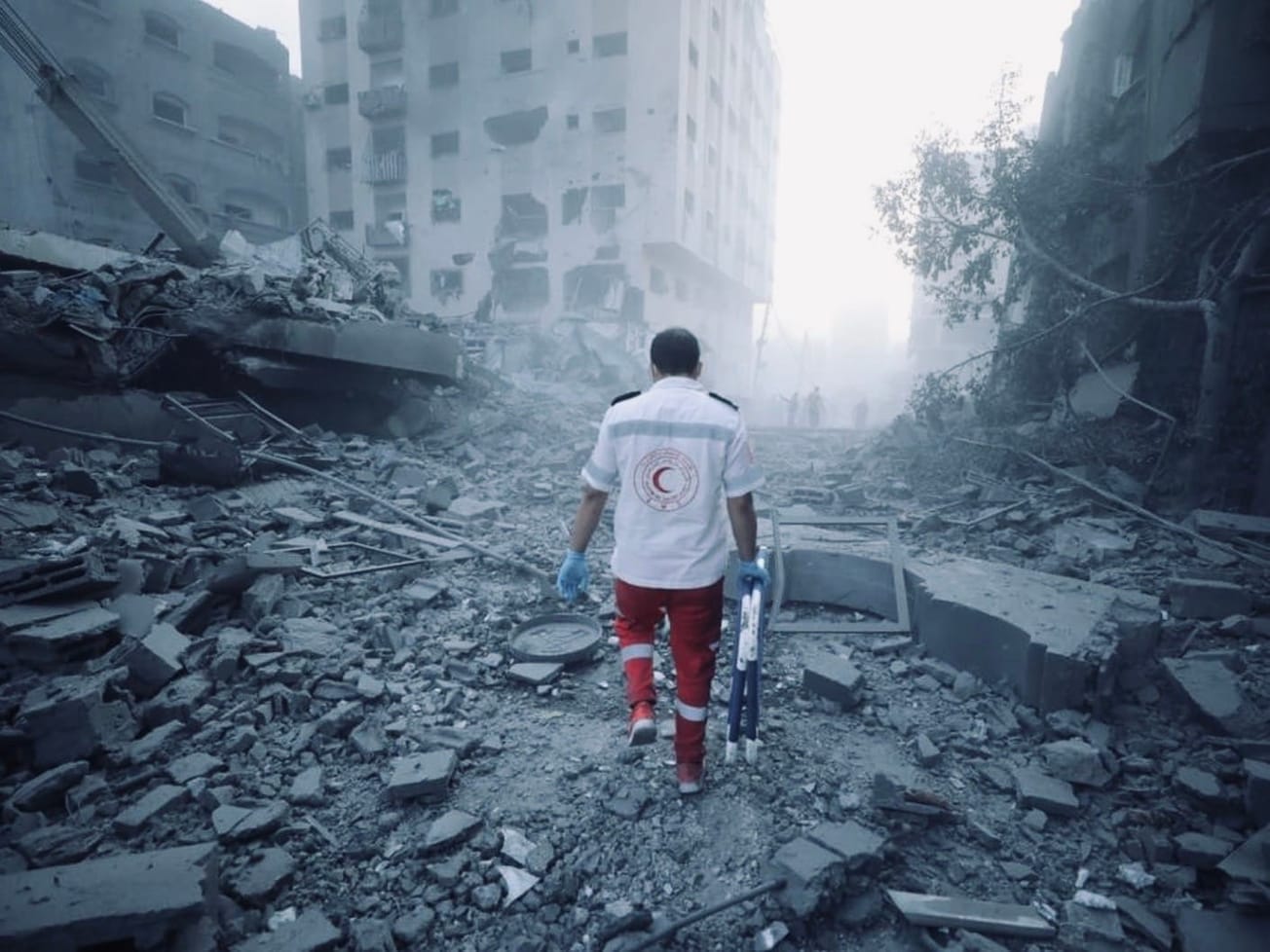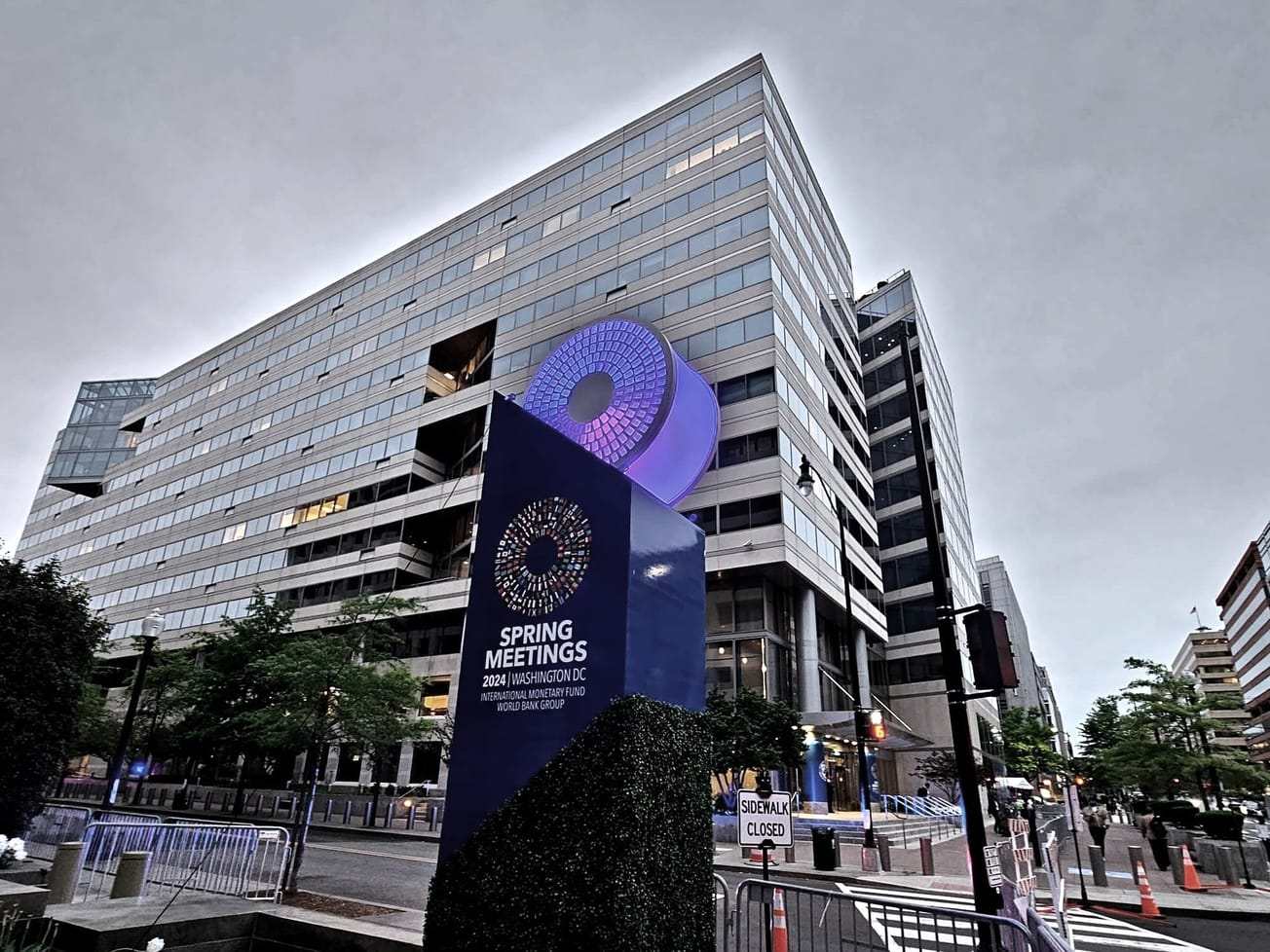As Haiti descends deeper into anarchy, the United Nations is condemning the violence while looking for ways to help a country with no functioning government reign in out-of-control criminal gangs and deliver desperately needed humanitarian aid to the tens of thousands of displaced and hungry men, women and children caught up in the brutal chaos.
In a span of just one week, more than 15,000 Haitians were uprooted from their homes while lawless gangs continued to terrorize the people, ravage the economy, block the roadways and loot the impoverished Caribbean nation’s main port, putting food imports, humanitarian aid and valuable fuel supplies at risk.
The U.N. Security Council is urging the gangs to “immediately cease their destabilizing actions” and calling for the “perpetrators of these abhorrent acts to be brought to justice.”
Council cites kidnappings, rapes and murder
The 15-nation council, in a statement on Monday, points to a litany of atrocities perpetrated by the thugs, including kidnappings, sexual and gender-based violence, murders, and the recruitment and arming of children. The illicit influx of firearms and ammunition into Haiti remains a “key factor of instability and violence,” it says, as it calls on nations to enforce existing arms embargoes.
The United Nations has sanctioned the deployment of a 1,000-member security force of Kenyan police officers to Haiti – paid for largely by the United States – but it remains uncertain when, or if, the peacekeepers will arrive.
Kenya had negotiated the agreement with Haiti’s unelected Prime Minister Ariel Henry, but put the deal on ice on Tuesday, following Henry’s announcement on late Monday that he would step aside once a transitional Haitian government is formed.
Henry resignation came in a brief address posted on social media. He’s been stranded in Puerto Rico and unable to return to Haiti since traveling to Kenya to negotiate the police mission.

Gangs threaten even more violence
Henry, a former neurosurgeon who was appointed prime minister, has been under pressure to resign, both inside Haiti and within the international community. It remains unclear when he will actually step aside and how a new government would be put in place.
A major leader of the gang violence, Jimmy Cherizier, a thuggish former cop who goes by “Barbecue,” warns that if people outside Haiti attempt to appoint the next government, his followers “will plunge Haiti into chaos.”
Meanwhile, Haiti’s capital Port-au-Prince “is surrounded by armed groups and danger; it is a city under siege,” says Philippe Branchat, chief of the U.N.s International Organization for Migration, or IOM, in Haiti. “People living in the capital are locked in; they have nowhere to go.”
More than 160,000 people are displaced in the Port-au-Prince metropolitan area, IOM reports.
The U.N. Office for the Coordination of Humanitarian Affairs, or OCHA, says the looting at Haiti’s main port, where most goods and products are transported, has put hundreds of shipping containers holding humanitarian aid at risk.
It says efforts are being made to safeguard the supplies after an “unspecified number of containers of food and non-food articles were broken into” and looted.
Terminal Varreux, where most of Haiti’s fuel supply is stored, has been blocked by gangs, making fuel shortages likely.
Hospitals overrun, schools closed
“Access to food, healthcare, water and hygiene facilities, and psychological support are among the most urgent needs,” OCHA says in its most recent situation report. “Humanitarian organizations remain deeply concerned about the the impact of violence on hospitals and health centers. Many schools remain closed.”
“Some hospitals have been overrun by gangs and had to evacuate staff and patients, including newborns,” the agency says. Blood supplies are running short and efforts are underway to bring in blood from neighboring Dominican Republic.
Across Haiti, the U.N. reports, some 362,000 people – more than half of them children – are internally displaced, many of them several times over. As they face successive displacements coupled with violence, rape and overcrowding in shelters, psychological stress grows and aid workers are seeing an alarming rise in suicidal tendencies among the displaced.
Overworked and under-funded humanitarian organizations are doing what they can to help, but say they need more money, more supplies and better access.
IOM and its partners have provided nearly 300,000 liters of water to more than 20,000 displaced people. They have also distributed blankets, jerry cans, solar lamps, cooking equipment and plastic sheets to more than 2,000 people, and are offering psycho-social support through hotlines and mobile clinics.
The World Food Program says it delivered nearly 19,000 meals over a two-day period last week. But WFP warns that aid efforts are “grinding to a halt,” and says Haiti is teetering on the brink of a devastating food crisis.

Humanitarian aid 'running on fumes'
U.N. chief António Guterres issued a call for much-needed support for a US$674 million humanitarian response fund, which is less than 3% funded.
“Our humanitarian operation in Haiti is running on fumes, with funding for hot meals about to run out in two weeks,” says the head of WFP, Cindy McCain. “We need donors to step up today so we can tackle the rising tide of hunger and halt the slide into chaos.”
Even before this latest outbreak of gang violence, the ghettos of Haiti were among the most dangerous places on the planet.
In Cité Soleil, the largest slum in Port-au-Prince, more than 40% of the deaths were linked violence between August 2022 and July 2023, says a new survey by Médecins Sans Frontières, also known as Doctors Without Borders.
“I’m used to seeing people killed,” an unidentified MSF staff member from Haiti is quoted as saying. “I'm used to seeing bodies on the ground. I'm used to seeing charred corpses. I’m used to hearing bangs. Sometimes it’s someone you know. I’m talking about terror, about armed violence. I’m talking about physical violence. I’m talking about psychological violence.”


